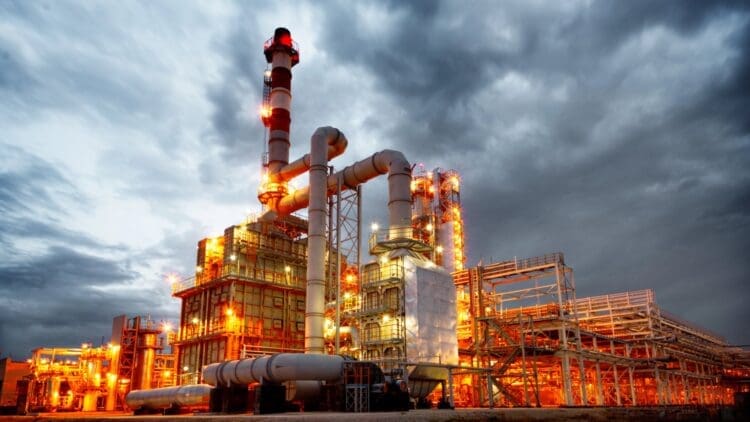In a world dominated by the US and European energy markets, Africa has long lived in the shadow of other, more energy-rich producing nations. That reality is set to change as Dangote, one of Nigeria’s largest energy companies, has outlined its plans to boost fuel production at its flagship refinery. This move would boost domestic energy supply and reduce Nigeria’s reliance on imports from other nations to meet demand. The refinery is relatively new, and only began supplying petroleum products to the Nigerian market in September, but has plans to boost production heading into the new year.
Nigeria’s government has imposed a new 15% import duty on refined petroleum products
Dangote’s announcement of increasing production of gasoline and diesel follows a new import duty on refined petroleum products by the Nigerian government. The move by the government aims to reduce Nigeria’s long-standing reliance on imports of crucial gasoline and diesel, which has strangled the domestic production sector.
Dangote announced that it would be boosting production at its 650,000bpd petroleum refinery in anticipation of an increase in demand due to the new import duty imposed by the government. The move comes as Nigeria has long been Africa’s top oil producer, but still relies on foreign gasoline and diesel imports to fill the gap.
Nigeria’s government said the new import duty will be gradually imposed
It is important to understand the volatile nature of the international energy market; any immediate interruptions can adversely affect global energy sectors and place the market in a downward spiral of insufficient energy supply. Nigeria’s government has stated that the new duty will not be imposed overnight, but rather will follow a gradual and considered timeframe.
The richest man on the African continent is about to become a whole lot richer
Aliko Dangote is the founder and CEO of Dangote Industries, which owns the refinery in question, and he has the added benefit of being Africa’s richest man. He will surely welcome the announcement of new import duties on imports, as that means that his refinery is set to see a wave of new customers as demand for local gasoline and diesel increases.
The timeline for ramping up production at the Dangote refinery is dependent on several factors, including feedstock supply arrangements, downstream distribution, and unit performance.
The Dangote refinery is an exemplar of Africa’s energy ambitions for the future
Dangote spent an astonishing $20 billion on the construction of the 650,000 barrels per day refinery, and the government is keen to protect that investment through the new import duty imposed. The global energy market has become unstable and exceedingly unpredictable in recent years.
“Our refinery is currently loading more than 45 million litres per day of petrol, and 25 million litres per day of diesel which exceeds Nigeria’s demand. – Anthony Chiejina, Dangote spokesperson
Dangote’s plan to ramp up production is a promising sign that Africa’s energy future is within its own hands, but Dangote has not been without controversy, with workers downing tools in a strike that nearly crippled the company altogether.
The global energy market has been contemplating a future without Russian energy
That planned ramping up of Dangote’s refinery production is a step towards securing Africa’s energy future, which is necessary as the world has been contemplating a future without the long-standing supply of Russian energy resources. Several European nations have started reviewing the operations of Russian energy companies as the latest sanctions against Russia take hold in the global energy sector. Africa will need to increase domestic production of essential energy resources, as the continent relies heavily on Russian energy, being one of the few regions that still does business with Moscow.






